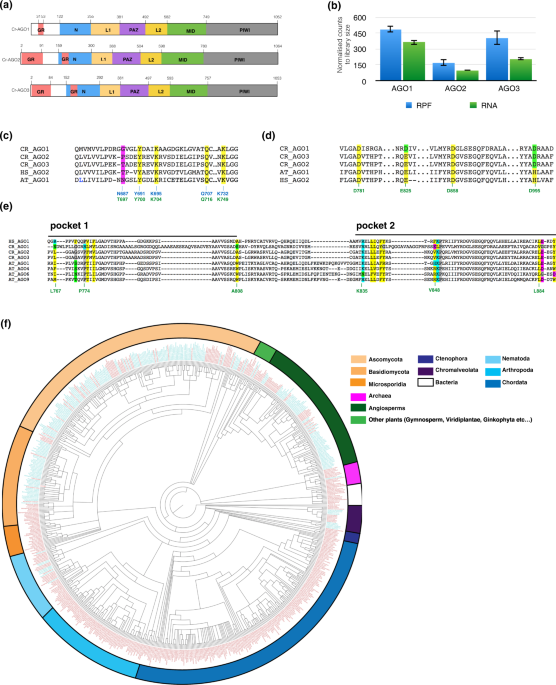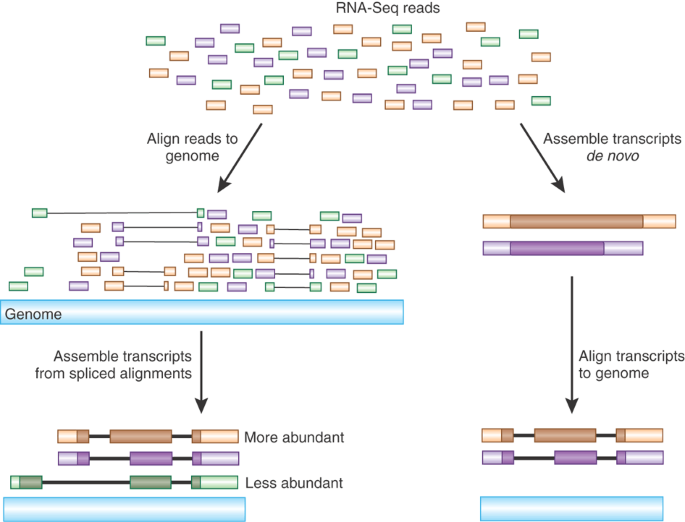
- Select a language for the TTS:
- UK English Female
- UK English Male
- US English Female
- US English Male
- Australian Female
- Australian Male
- Language selected: (auto detect) - EN
Play all audios:
DISCOVER HOW S1 FORMS CAN EXEMPT SOME RETIREES IN FRANCE FROM SUBSTANTIAL SOCIAL CHARGES Reader Question: The Connexion reported on a couple of retirees who were refunded €14,000 in social
charges after contesting. Am I right that if you are covered for your healthcare under an S1, and therefore the UK pays for your healthcare, you are exempt from the charges? The specific
case you mention concerned a different issue (see below) however, yes, there are two situations in which holding an S1 form can result in a social charges exemption or reduction. As a
reminder, these charges are typically 17.2% on investment income or up to 9.1% on pensions (rates vary depending on the size of pension income). FOREIGN PENSION INCOME Firstly, there is a
French tax rule which states that all foreign pension income of French residents is exempt from French social charges if the recipient is not a burden on the French health system. That is
logically the case for S1 holders, as the country that pays their pension pays France for their French healthcare (either via a set sum per S1 holder per year, or based on actual expenses).
Thus, 'not being a burden' can be proved by submitting a copy of your S1 to the tax office and/or drawing attention to this in a ‘mention expresse’ at the end of the tax return
online. In recent years there was also a box 8RP/8RQ in the declaration that some tax experts have recommended selecting to draw attention to this. INVESTMENT INCOME Reduced social charges
are payable on French-taxable investment income and capital gains (7.5% instead of 17.2%) for both non-residents and residents if they are attached to a UK or EU/EEA/Swiss social security
system, eg. via the S1 form. This can be claimed by selecting box 8SH/8SI. DOUBLE TAX TREATIES As a separate issue, some kinds of foreign income are exempt from French social charges
because they are, under a double tax treaty with the country from which the income arises, not a kind of income subject to assessment for these charges. This was the case of the retirees
who obtained the refund, who were receiving UK police pensions, deemed a form of UK 'government' income. They made a successful challenge with help from a tax avocat.





